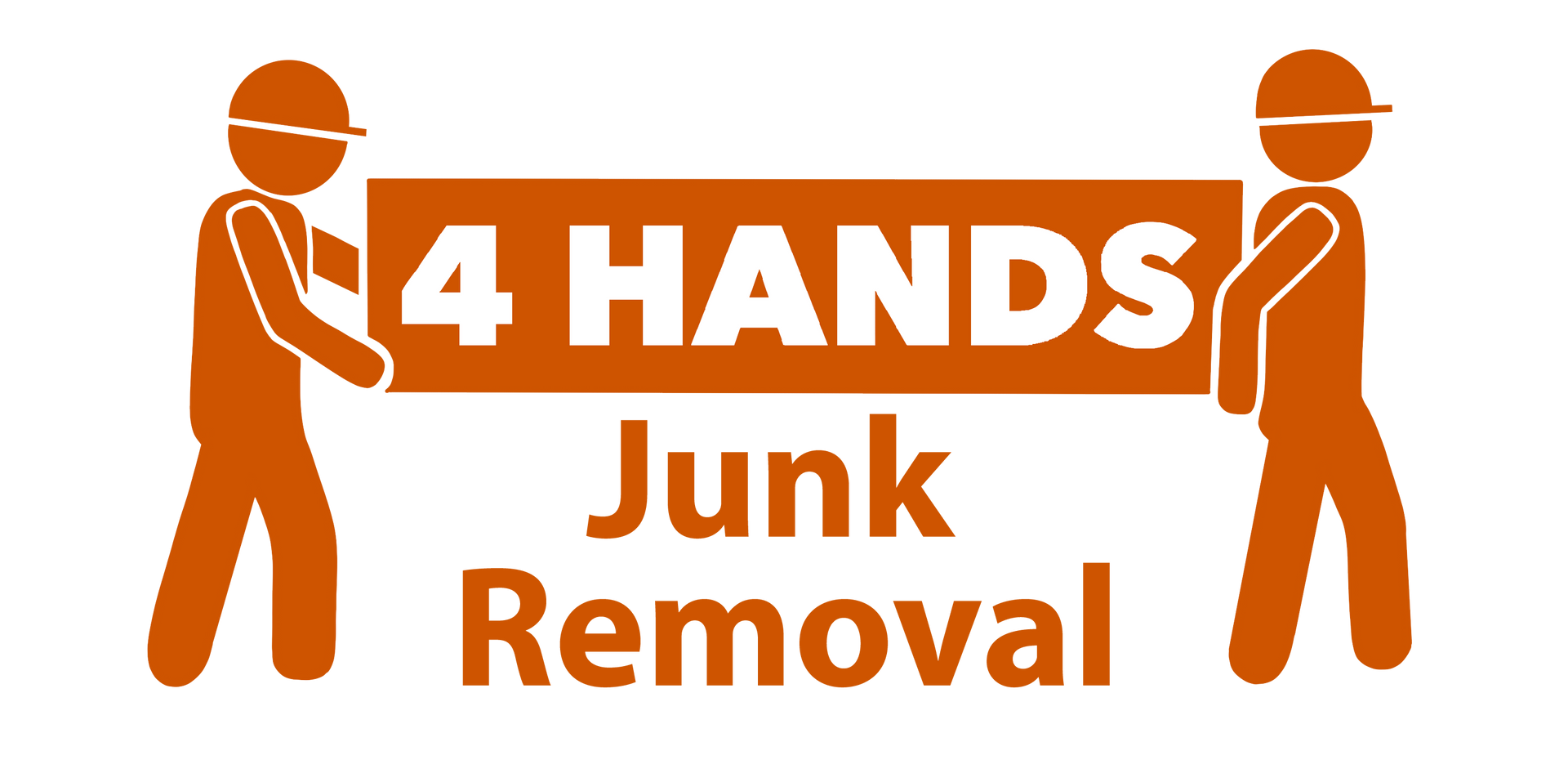10% discount for military and first responders
West Lake Hills, Travis County
Donating vs. Disposing: Ethical Considerations for Junk Removal in West Lake Hills, Travis County
In the picturesque enclave of West Lake Hills, Travis County, where lush landscapes meet upscale living, the question of how to responsibly manage waste becomes more than just a matter of convenience—it's an ethical consideration that reflects the values of the community. Junk removal, a necessity for many homeowners and businesses, presents a unique dilemma: whether to donate usable items or simply dispose of them. This decision carries weight beyond mere clutter, touching on issues of environmental sustainability, social responsibility, and community welfare. Let's delve into the ethical considerations surrounding donating versus disposing in this affluent Texan community.
Environmental Impact
First and foremost, the environmental impact of our waste management practices cannot be overstated. Every item we discard contributes to landfill overflow and environmental degradation. By opting to dispose of items rather than donating them, we perpetuate this cycle of waste. In West Lake Hills, where conservation and environmental stewardship are paramount, this poses a significant ethical dilemma.
When we donate, we extend the lifespan of usable goods, reducing the demand for new products and minimizing the resources required for manufacturing and transportation. This not only conserves natural resources but also reduces greenhouse gas emissions associated with production and disposal. By choosing to donate, residents of West Lake Hills can play a vital role in mitigating environmental harm and promoting sustainability.
Social Responsibility
Beyond environmental concerns, the ethical dimension of junk removal encompasses social responsibility. Many items that we consider junk may still hold value for others in need. By donating furniture, clothing, appliances, and other household items, we can directly impact the lives of those less fortunate in our community.
In West Lake Hills, where affluence coexists with socioeconomic disparities, the act of donating takes on added significance. It's a tangible expression of compassion and solidarity, bridging the gap between privilege and need. By supporting local charities, shelters, and organizations through donations, residents can foster a more inclusive and equitable community.
Economic Considerations
From an economic standpoint, donating can also yield tangible benefits. Many charitable organizations offer tax deductions for donated goods, providing a financial incentive for generosity. In West Lake Hills, where prosperity is commonplace, leveraging these tax benefits can not only benefit individual donors but also support the financial sustainability of local nonprofits.
Moreover, by donating goods, residents can stimulate the secondhand market and promote a culture of reuse. This, in turn, supports local businesses such as thrift stores and consignment shops, contributing to the economic vitality of the community. In a region known for its entrepreneurial spirit, harnessing the power of donation can be a win-win for both individuals and the local economy.
Community Welfare
At its core, junk removal is about more than just decluttering—it's about shaping the collective well-being of the community. When we donate, we invest in the social fabric of West Lake Hills, fostering connections and strengthening bonds among residents. By supporting local charities and nonprofits, we build a sense of solidarity and shared purpose that transcends individual interests.
Furthermore, donating fosters a culture of generosity and altruism, setting a positive example for future generations. In a community where philanthropy is celebrated, the act of giving back becomes ingrained in the cultural ethos. By instilling these values in our children and neighbors, we ensure the continued prosperity and vibrancy of West Lake Hills.
Conclusion
In West Lake Hills, Travis County, the choice between donating and disposing of junk extends far beyond the practicalities of waste management—it's a reflection of our values and priorities as a community. By opting to donate, residents can make a meaningful impact on the environment, support those in need, stimulate the local economy, and foster a sense of community welfare. In doing so, we uphold the ethical imperative to be responsible stewards of our resources and compassionate neighbors to our fellow residents. So, the next time you're faced with the decision of what to do with your unwanted belongings, consider the ethical implications and choose to donate—it's not just about clearing space; it's about building a better community for all.
Cities and Places We Serve in Travis County
LEARN MORE
SERVICE AREAS
LOCATION & HOURS OF OPERATION
Monday - Friday 24 Hours
Saturday 24 Hours
Sunday 24 Hours
Austin, Texas
Get a Free Quote - CALL US 737-257-4430
©2023 by 4Hands Junk Removal
